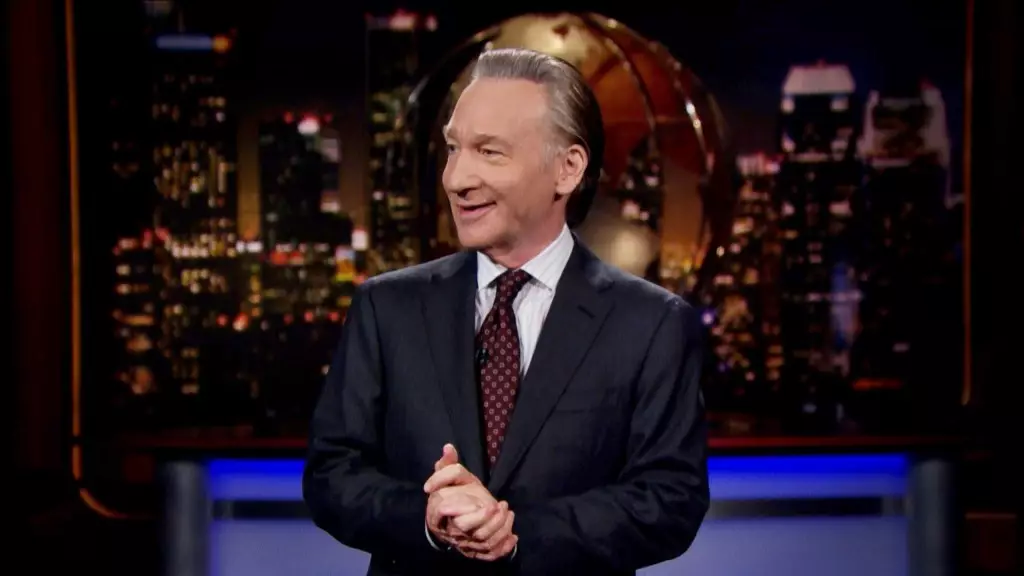In recent times, the campus of Columbia University has become a hotbed for social justice protests and activism. Bill Maher, in his latest episode of Real Time on HBO, addressed the growing unrest on campuses across the nation and questioned the motives behind these protests. Maher’s critical analysis delved into the impact of such protests, particularly on ordinary citizens who are caught in the crossfire of blocked traffic and disrupted routines.
Questioning the Effectiveness of Activism
Maher’s scathing critique revolved around the notion that many protesters fail to realize that their actions may not be as impactful as they believe. By inconveniencing working individuals and parents trying to pick up their children, Maher argued that the message of these activists may be getting lost in the chaos they create. Drawing attention to global issues such as the subjugation of women in certain countries and the humanitarian crises in North Korea and China, Maher questioned the true motives behind the activism on display.
During the show, Maher interviewed Robert F. Kennedy Jr., an independent presidential candidate with controversial views on vaccinations. Maher challenged RFK on his stance, pressing him on his prior statements and highlighting the potential consequences of his anti-vaccination rhetoric. Despite RFK’s attempts to justify his position, Maher’s probing questions kept him on the defensive throughout the interview.
The panel discussion on the show featured Scott Galloway, a marketing professor, and Don Lemon, a former CNN anchor, who discussed the impact of campus protests and the changing nature of activism. Lemon pointed out the rise of antisemitism among protesters and lamented the lack of reliable sources of information for many young activists, who rely on social media platforms like TikTok for news. Galloway echoed Lemon’s sentiments, blaming faculty for aggravating the situation on college campuses.
Maher’s analysis of the current state of activism on college campuses raises important questions about the effectiveness and impact of such protests. While the intentions behind these movements may be noble, the methods employed and the messages conveyed need to be carefully considered. As Columbia University grapples with its newfound reputation as a hub for social justice protests, it is essential for both students and faculty to reflect on the true meaning and purpose of activism in today’s society.

